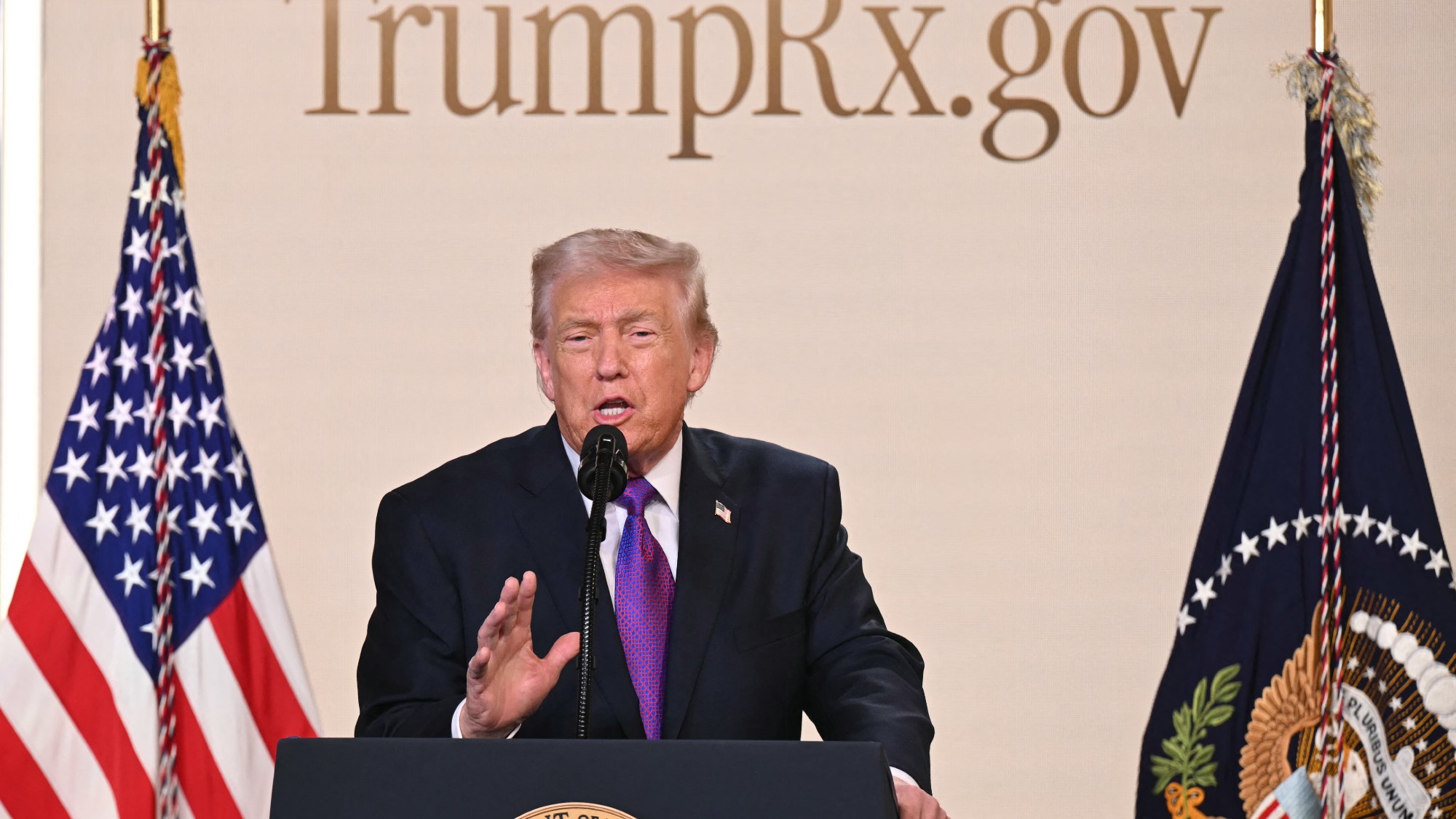Sizing up Gordon Brown’s take on America
The week's news at a glance.
A free daily email with the biggest news stories of the day – and the best features from TheWeek.com
You are now subscribed
Your newsletter sign-up was successful
Britain
What does Gordon Brown really think of the U.S.? asked the London Independent in an editorial. The new British prime minister has long been described as pro-American. He vacations in the States and counts Americans among his closest friends. Yet in his first few weeks in office, his ministers have been spouting nothing but criticism of American policy. Lord Malloch-Brown, Brown’s choice for a Foreign Office post, told an interviewer that it was “very unlikely” that Brown would be as friendly as Blair was toward President Bush. Another Brown aide, Douglas Alexander, said that Britain must “form new alliances”—a shocking slap to its primary ally. Evidently the White House was perturbed enough to demand an explanation, and the prime minister was forced to move up his planned trip to the U.S. to this week, to reassure the Americans in person.
Don’t underestimate Brown, said the London Guardian. He is an able and experienced politician, in full control of his Cabinet. By having his ministers speak so candidly, Brown “established a useful sense of ambiguity, the possibility that a relationship that had been joined at the hip might eventually be severed.” When he then arrived at Camp David this week and forged a working relationship with President Bush, the Americans were relieved. Bush had taken Blair’s support for granted. Remember the G-8 summit at which Bush summoned the British prime minister with a peremptory, “Yo, Blair!” Brown, by contrast, has firmly established that the era of “sycophancy” is over.
That’s it? said Mick Hume in the London Times. Many Brits expected more. They wanted Brown to tell off Bush, just like the fictional British prime minister did in “the atrocious film Love Actually.” When the character played by Hugh Grant told the American president that Britain would no longer submit to American “bullying,” audiences across Britain cheered. That scene alone made the film a hit on this side of the Atlantic. But at Camp David, Brown did not channel Grant. Instead, he expressed gratitude to the Bush administration and talked of our two countries’ “shared destiny.” In truth, he had no choice. The alliance with the U.S. is the cornerstone of British foreign policy. Whatever Brown’s private feelings about Bush or about American policy, “don’t be fooled into thinking he could ever follow the Love Actually script on the public stage.”
The Week
Escape your echo chamber. Get the facts behind the news, plus analysis from multiple perspectives.

Sign up for The Week's Free Newsletters
From our morning news briefing to a weekly Good News Newsletter, get the best of The Week delivered directly to your inbox.
From our morning news briefing to a weekly Good News Newsletter, get the best of The Week delivered directly to your inbox.
Rachel Sylvester
Daily Telegraph
A free daily email with the biggest news stories of the day – and the best features from TheWeek.com
-
 Democrats seek calm and counterprogramming ahead of SOTU
Democrats seek calm and counterprogramming ahead of SOTUIN THE SPOTLIGHT How does the party out of power plan to mark the president’s first State of the Union speech of his second term? It’s still figuring that out.
-
 Climate change is creating more dangerous avalanches
Climate change is creating more dangerous avalanchesThe Explainer Several major ones have recently occurred
-
 What’s TrumpRx and who is it for?
What’s TrumpRx and who is it for?The Explainer The new drug-pricing site is designed to help uninsured Americans